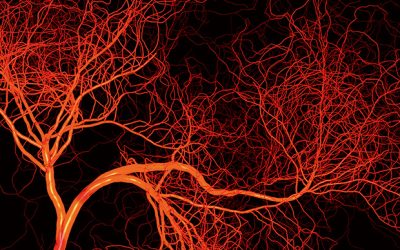The NHS has announced that it will be rolling out a new laser beam therapy this June to help prevent seizures in patients living with epilepsy.
The new fibre optic laser therapy called laser interstitial thermal therapy (LITT) works to target the part of the brain that causes seizures without the need for invasive surgery.
Affecting around 600,000 people in the UK, epilepsy is a chronic brain disease that causes seizures, which lead to involuntary movement.
Around one in three people living with the condition are unable to control their seizures using anti-seizure drugs and may need invasive neurosurgery to remove the epilepsy-causing part of the brain.
Being offered at King’s College Hospital NHS Foundation Trust and the Walton Centre in Liverpool, the treatment involves drilling a small hole to allow a 1.5mm-wide probe with a fibre optic laser at the tip to be inserted into the skull to reach and destroy epilepsy-causing brain tissue.
The team will use an MRI scanner to navigate through the brain to avoid blood vessels and other critical structures, while monitoring the temperature of the surrounding areas to make sure the healthy brain tissue does not overheat.
Patients are able to return home within 24 to 48 hours after LITT with minimal risk of infection or other side effects, with the ability to return to work and other activities within a week.
According to the NHS, an estimated 50 patients in England every year whose epilepsy cannot be controlled by standard anti-seizure drugs will be eligible to receive LITT.
James Palmer, medical director, specialised services and consultant neurosurgeon, NHS England, said that LITT will “allow clinicians to better target the parts of the brain causing the epilepsy, which dramatically reduces the risks and helps cut patients’ recovery time both in and out of hospital” and “will offer new hope on the NHS to those for whom standard drugs are not effective in controlling their seizures”.










